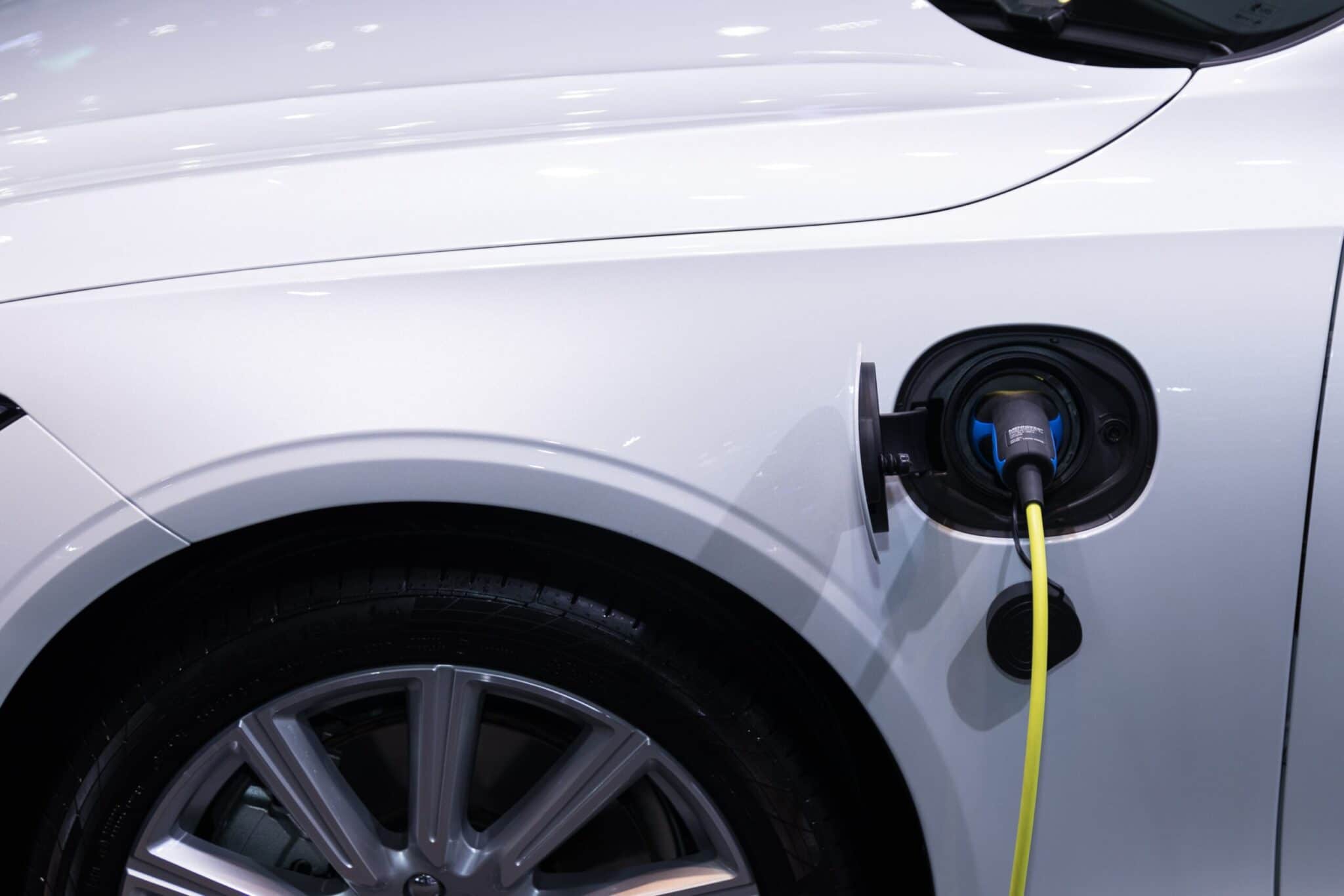The viability of setting up charging stations is, however, seen as a hurdle
The State is eager to usher in green energy on roads by introducing electric vehicles (EVs) in the fleet of the AP State Road Transport Corporation (APSRTC).
These battery-charged EVs may soon become a common sight on the roads with private automobile dealers too realising the significance of the cost-effective and clean and green mode of transport.
From MG Motors stable
“Rising costs of petrol and diesel have forced people to look for alternative options to cater to their transport needs. There is a significant rise in demand for EVs,” concedes Gautham Sai, Director, MG Motors, Vijayawada, which is all set to launch sale of the country’s first electric SUV – MG ZS EV, on February 26.
The e-SUV can be charged using both home AC socket and a DC fast charger.
“The battery requires 60 minutes to be charged via a fast charger, which will be available at the showroom, or 6-8 hours through portable charger that the buyer will get along with the car,” said Mr. Sai.
With the fuel cost of only ₹1 per km in EVs, the demand for e-cars is bound to rise, says Mr. Sai, informing that he has already received 18 bookings for the SUVs priced at ₹22.38 lakh (basic model) to ₹25.57 lakh (top end).
Electric cars and scooters run on electrical batteries that can be recharged by plugging the vehicle into a charging station. By using electricity rather than gas, the e-vehicles cut down on dangerous emissions and air pollution.
While e-vehicles are a major benefit, the viability of setting up charging stations is seen as a hurdle.
Tricky situation
It’s a tricky situation. Those considering foray into the e-charging business feel that the number of EVs running on the road do not provide adequate numbers to put up charging stations, while the manufacturers see lack of stations as a dampener for sale of these low-emission automobiles.
To address this issue, Chandana Corporation, a city-based firm, which rolled out e-scooters under the brand of Avera Energy, has established a solar-powered electric vehicle charging station with Energy Storage System (ESS) on Ramavarappadu Ring Road.
“This is a scalable model developed to demonstrate how e-vehicles can be driven relying on sunshine,” says founder and CEO, Avera Energy, Ramana Ave.
The charging station, independent of the grid, can already generate 20 kW of power (another 30 kW under process). As a back-up, the plant is also equipped with lithium iron phosphate batteries with a storage capacity of 10 kW.
From the time of its launch in 2019, the company has sold 1,400 e-scooters.
“The pandemic slowed the process, but from Ugadi, I see a rise in demand again,” says Mr. Ramana, who is targeting a sale of 5,000 – 7,000 e-scooters as part of business expansion in seven States.
“To begin with, the charging station will serve only two and three-wheelers,” he says, informing that the new facility will be formally launched in the first week of March.
Source-TheHindu









